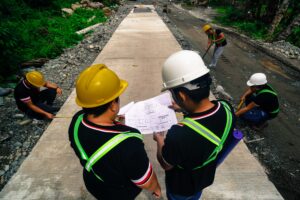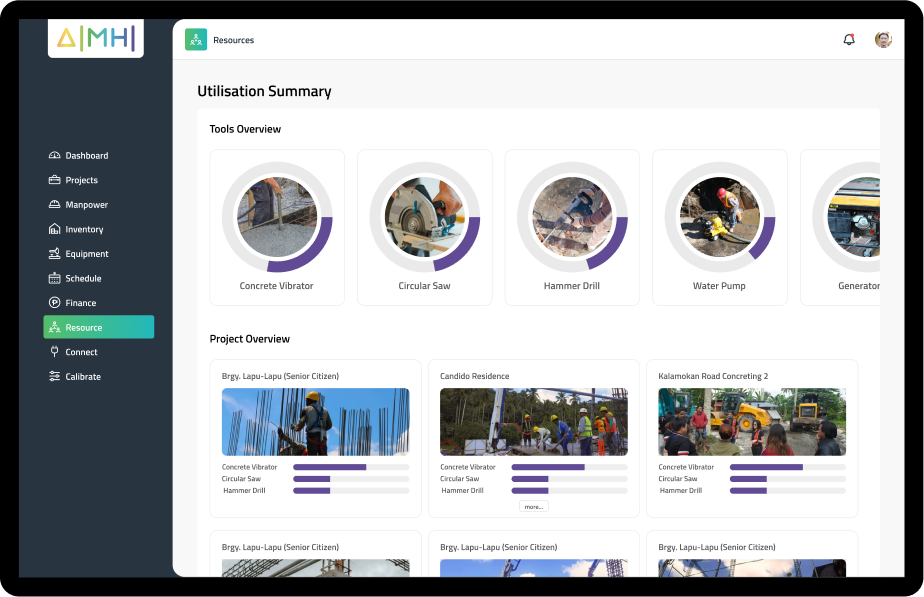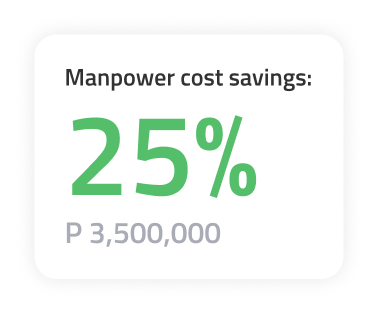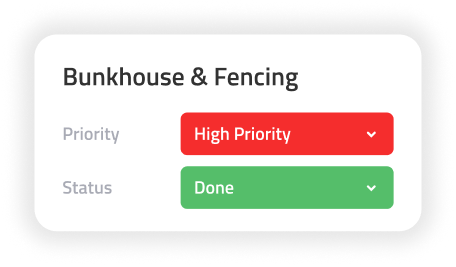Project management is a critical field that demands a combination of technical knowledge, strategic thinking, and interpersonal skills. For professionals like project managers, engineers, and architects, continuous learning through specific training is not just a boost to their career but a necessity. In this listicle, we explore the essential training for project managers and related professionals to enhance their skills, comply with regulations, and drive project success.

1. Construction Project Management (CPM)
Construction Project Management (CPM) training is specifically designed for professionals involved in the construction industry. This specialized form of project management focuses on the particular needs of construction projects, including aspects like contract management, cost control, and project scheduling. CPM training is crucial for ensuring that projects are delivered on time, within budget, and up to the standards of quality and safety expected. They also provide a deep dive into the tools and technologies used in modern construction management, such as Building Information Modelling (BIM) and advanced software for project tracking.
Where to take it: For those interested in advancing their skills in construction project management (CPM), numerous online educational platforms offer specialized training. Universities known for their architecture and engineering programs also provide online courses in CPM. In addition, professional associations often host workshops and short courses accessible remotely. An excellent opportunity to explore how Artificial Intelligence is being used in construction project management applications is through AIMHI’s upcoming series of webinars. Starting soon, Artificial Intelligence Meets Human Intelligence (AIMHI) will host 2 to 3 Zoom webinars per week, each focusing on demonstrating the practical uses of their platform to help increase efficiency and improve workflow in real-world construction management scenarios. These webinars are invaluable for professionals seeking senior-level positions in large construction firms.
Choose Your Session & Register Today:
- October 2nd, Wednesday | 4:00 PM — Zoom Registration Link
- October 3rd, Thursday | 11:00 AM — Zoom Registration Link
- October 4th, Friday | 9:00 AM — Zoom Registration Link
- October 5th, Saturday | 1:00 PM — Zoom Registration Link
Check out their official Facebook Page for Zoom Webinar schedule announcements.
2. Occupational Safety and Health (COSH)
Construction Occupational Safety and Health (COSH) training is crucial for project managers and engineers involved in the construction industry. This course focuses on essential safety practices, risk management, preventive measures, and regulatory compliance to ensure safety at construction sites. The training addresses various aspects such as hazard identification, accident prevention, and emergency response, tailored specifically for the high-risk construction environment. The importance of COSH training cannot be overstated, as it directly contributes to reducing workplace accidents and promoting a safety culture, which is vital for legal compliance and the well-being of workers.
Where to take it: COSH training is offered by various accredited organizations and training centers. For instance, J3 Trainers and Consultants Inc., as highlighted on their Facebook page, provides comprehensive COSH courses designed for the construction industry. These courses are typically structured to meet the local regulatory requirements and are often a prerequisite for obtaining certain professional licenses or participating in public sector projects. Engaging in these trainings not only enhances safety knowledge but also boosts the credibility and marketability of professionals in the construction sector.
3. Project Management Professional (PMP) Certification
The Project Management Professional (PMP) certification is one of the most recognized credentials for project managers worldwide. This certification ensures that project managers are proficient with the global standards of project management, including methodologies like Agile and traditional practices. The training covers fundamental project management processes, such as project initiation, planning, execution, monitoring, and closure, preparing professionals to manage projects across various industries efficiently. Holding a PMP certification can significantly impact a manager’s career, leading to better job prospects, higher salaries, and increased recognition within the industry.
Where to take it: PMP certification is offered by the Project Management Institute (PMI), which provides various resources and training opportunities to help candidates prepare for the exam. Courses are available through PMI chapters globally and via numerous accredited training providers, both online and in-person. These training sessions are critical as they provide not only the necessary knowledge and skills but also the required professional development units (PDUs) needed to apply for and maintain the certification.
4. Streamlined Workflows with Scope of Work Dependency Baselines
Accredited Managing Officer (AMO) training is specifically tailored for leaders in the construction industry, such as project managers and site supervisors. This course covers extensive ground, including construction laws, project management fundamentals, and business ethics, which are essential for legally and efficiently running construction projects. The AMO training aims to ensure that managing officers are well-versed in navigating the complexities of construction management, including compliance with safety regulations and ethical standards. This training not only fortifies the leadership qualities of the attendees but also their grasp on operational aspects, which are crucial for project success and organizational reputation.
Where to take it: Training for AMO can typically be found through national construction associations or training organizations that specialize in construction management education. Information can be accessed through platforms such as the Philippine Institute of Civil Engineers, which offers updates on training schedules and locations.These programs are often recognized by government bodies and can be a prerequisite for acquiring certain licenses or qualifications needed to lead major construction projects.
5. Material Testing
Material testing is an essential skill set for project managers and engineers, ensuring that all materials used in construction projects meet the required quality standards. This training provides knowledge on various testing methods for concrete, asphalt, and other construction materials, which is crucial for maintaining the structural integrity and longevity of the built environment. Understanding material properties and their appropriate testing procedures helps in making informed decisions on material selection and use, which can significantly affect the overall project quality and safety.
Where to take it: Technical training centers and engineering schools often offer courses in material testing. These courses are also available through specialized training providers who focus on construction materials and methods. Such training is indispensable for those involved in the quality assurance aspects of construction projects and is often supported by certifications that validate the expertise of professionals in material testing.
6. Lean Six Sigma Certification
Lean Six Sigma is a methodology that combines the waste reduction principles of Lean manufacturing with the process improvement tools of Six Sigma. This certification is highly beneficial for project managers as it equips them with techniques to improve project efficiency, reduce costs, and enhance quality. The training typically involves statistical and analytical tools and teaches how to apply them in real-world project management scenarios. Achieving a Lean Six Sigma certification demonstrates a commitment to improving business processes and can distinguish a project manager as a leader in operational excellence.
Where to take it: Many professional training organizations offer Lean Six Sigma certification courses at various levels (Yellow Belt, Green Belt, and Black Belt). These are available in person and online platforms, providing flexibility for working professionals. Training often includes hands-on projects and case studies, which help reinforce the methodologies taught and provide practical experience in applying these techniques.
7. Continuing Professional Development (CPD) Points
Maintaining Continuing Professional Development (CPD) points is essential for professionals in the construction and engineering fields to keep their licenses and certifications valid. CPD trainings involve a variety of educational activities, including seminars, workshops, and courses that cover new technologies, the latest industry trends, and regulatory updates. These activities ensure that professionals remain knowledgeable and competent in their fields, contributing to their personal development and the safety, efficiency, and innovation of the industry.
Where to take it: CPD points can be earned through programs offered by professional bodies, universities, and private training organizations. It’s important to ensure that these activities are accredited by relevant regulatory authorities to count towards professional license renewal. Engaging in CPD activities not only helps professionals meet their legal obligations but also supports career growth and development.
Takeaway
Embarking on this essential training equips project managers, engineers, architects, and related professionals with a competitive edge in the dynamic field of construction and project management. Each training not only fulfills regulatory and educational requirements but also significantly enhances job performance. Whether it’s ensuring safety on-site with COSH training, mastering global project management standards through PMP certification, or maintaining professional credibility with CPD points, these trainings are crucial for personal development and career advancement. For professionals looking to excel in their roles and lead projects to successful completion, investing time and resources into these trainings is a strategic step towards achieving excellence and leadership in the industry.







